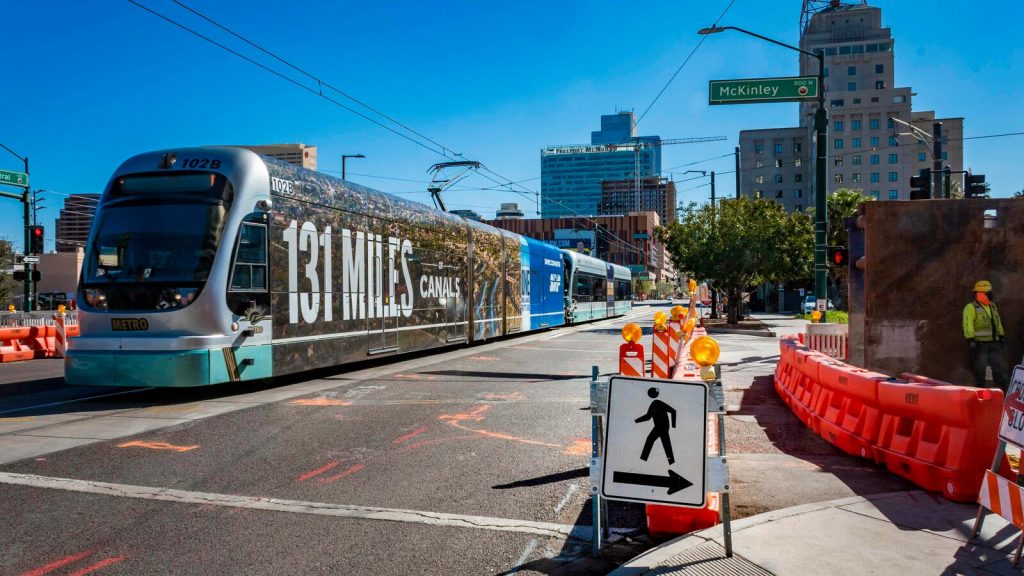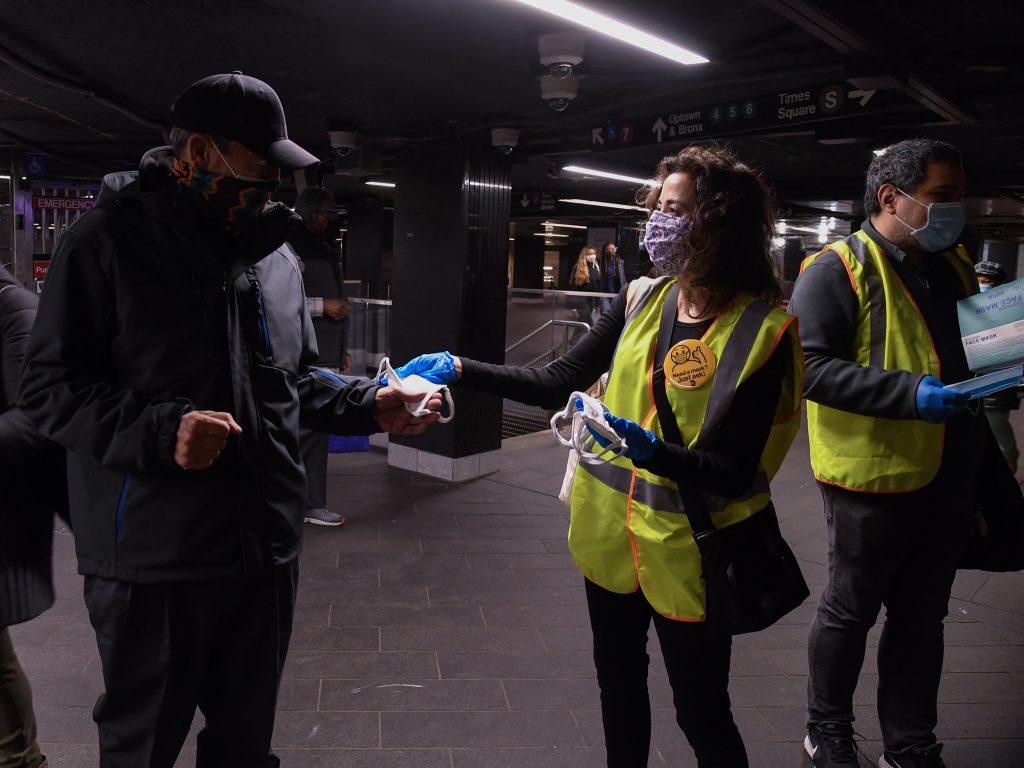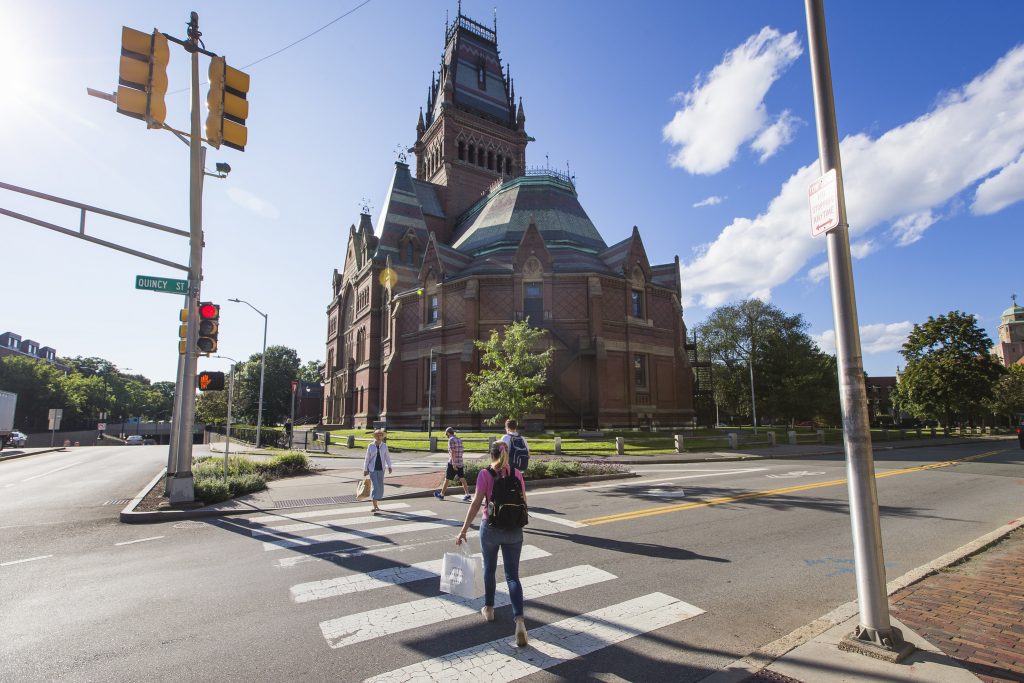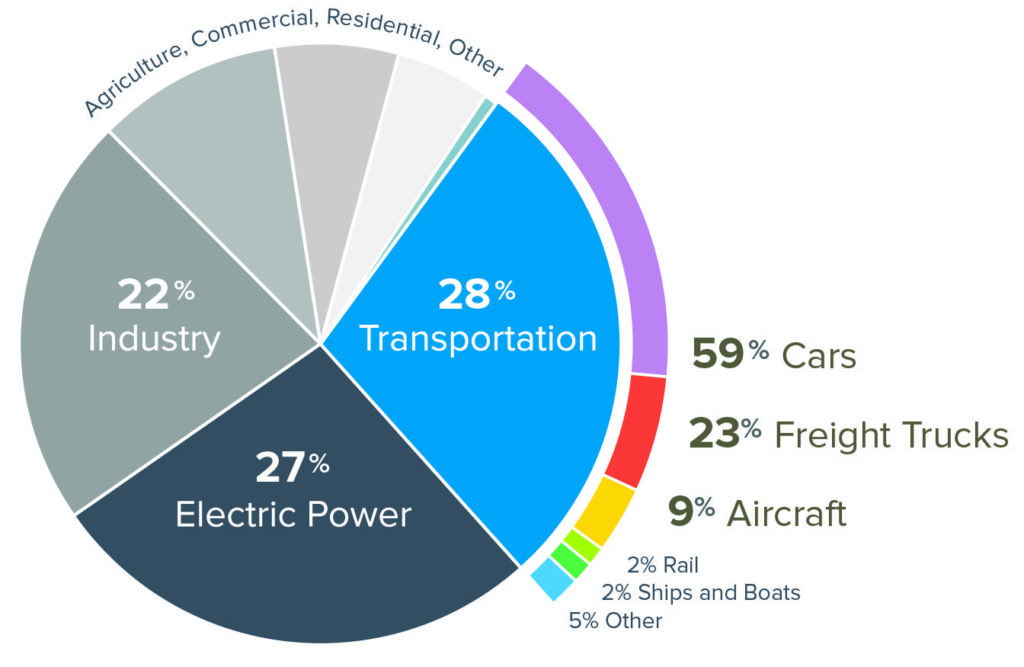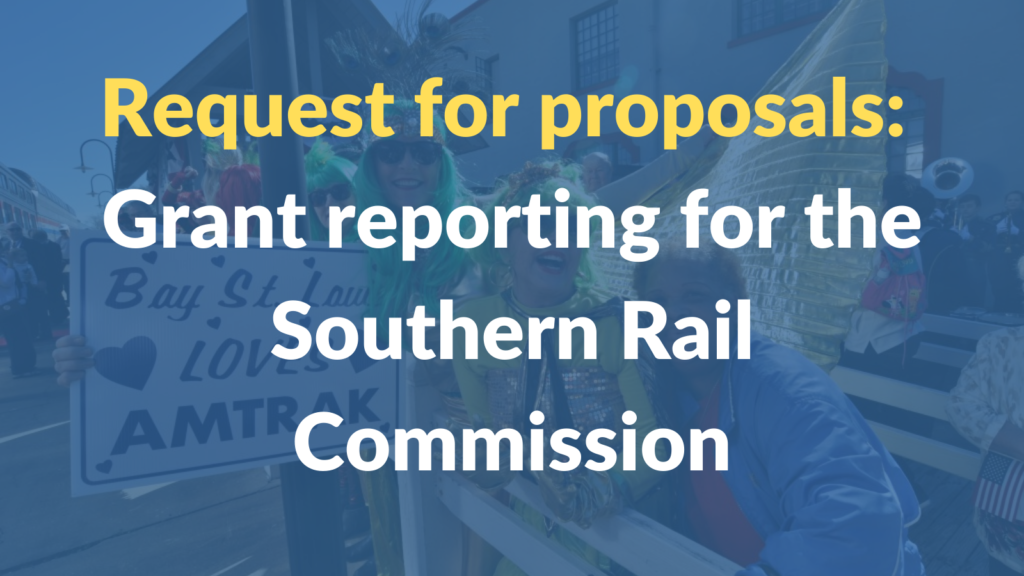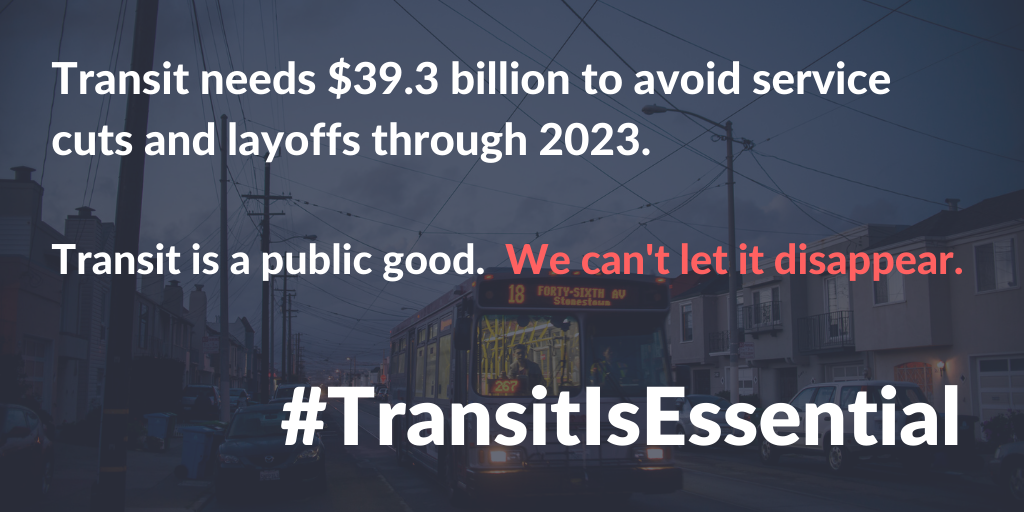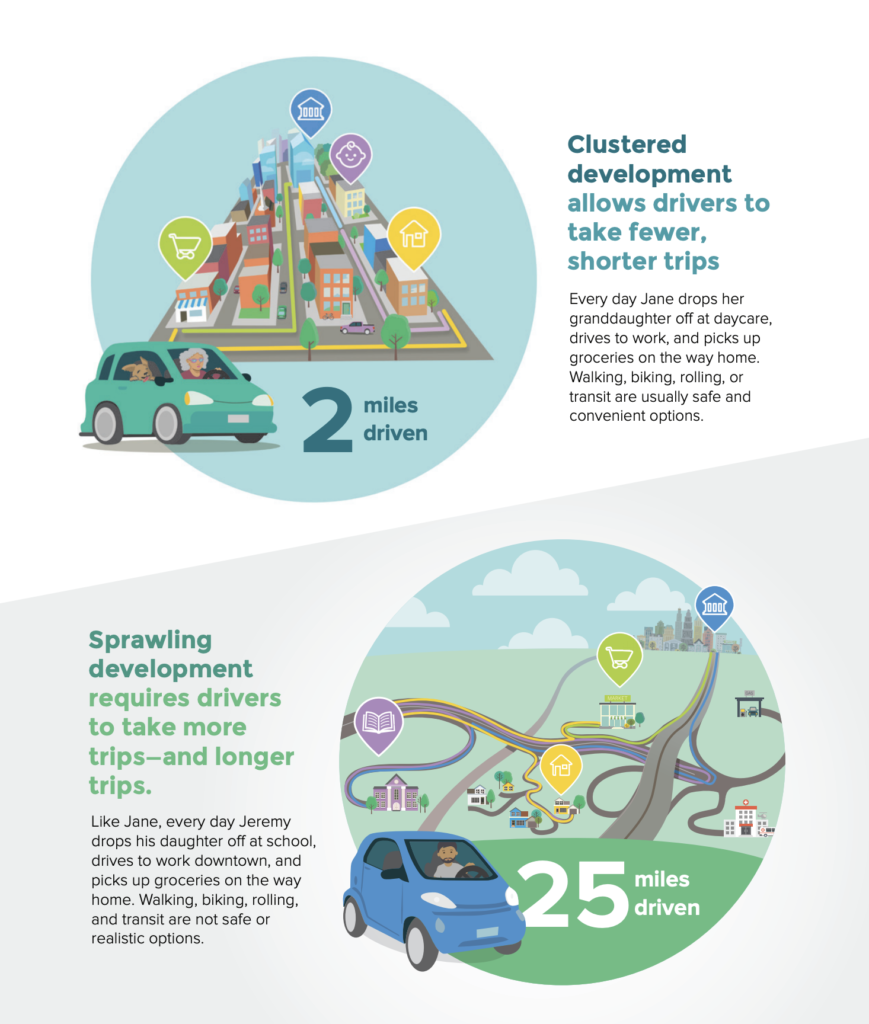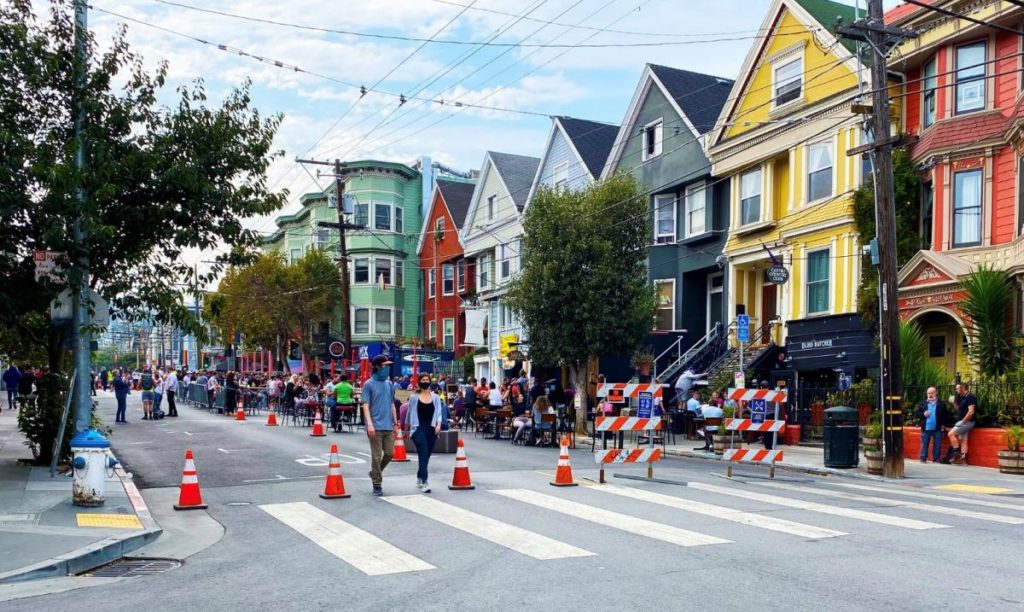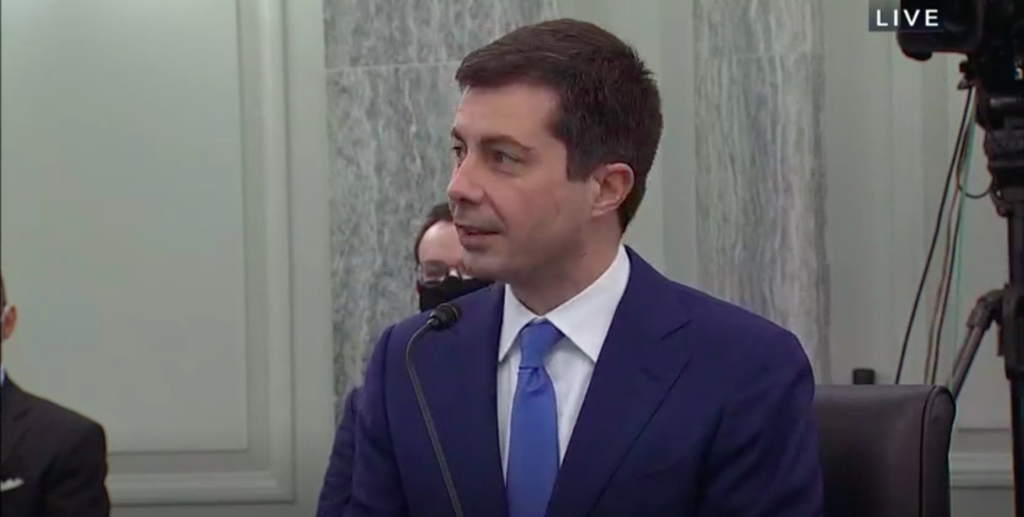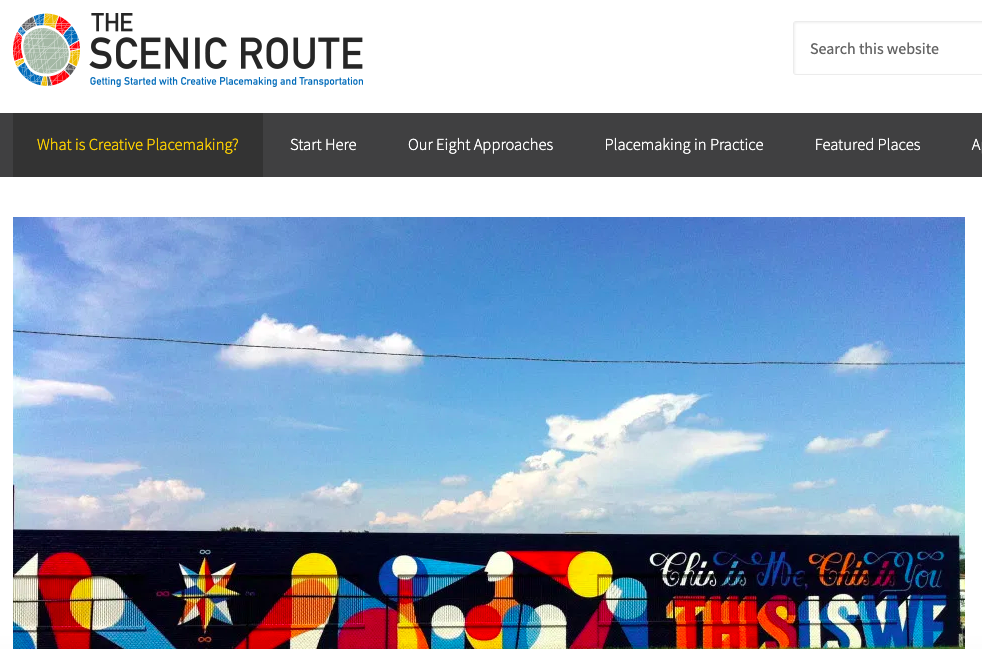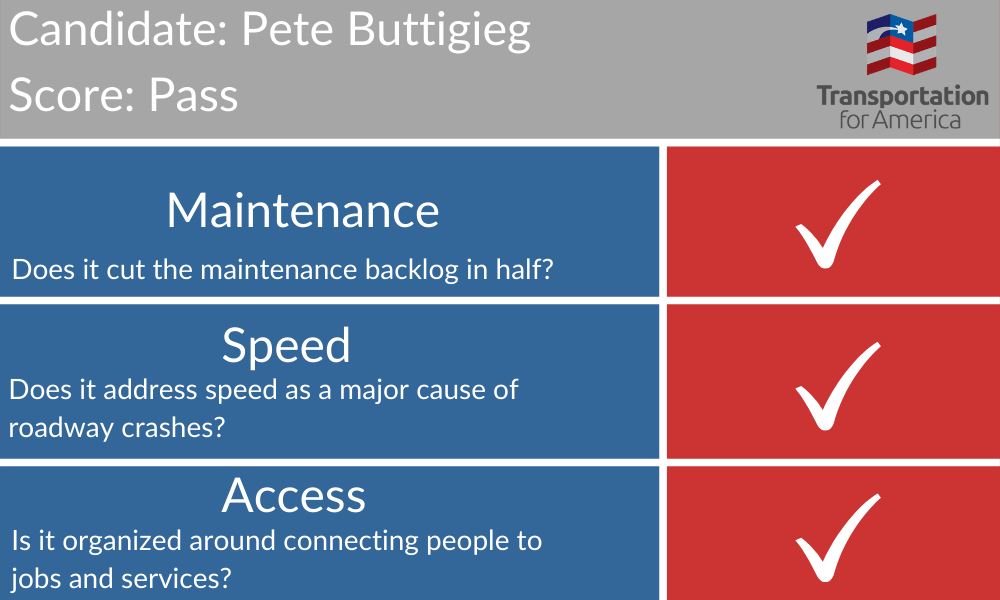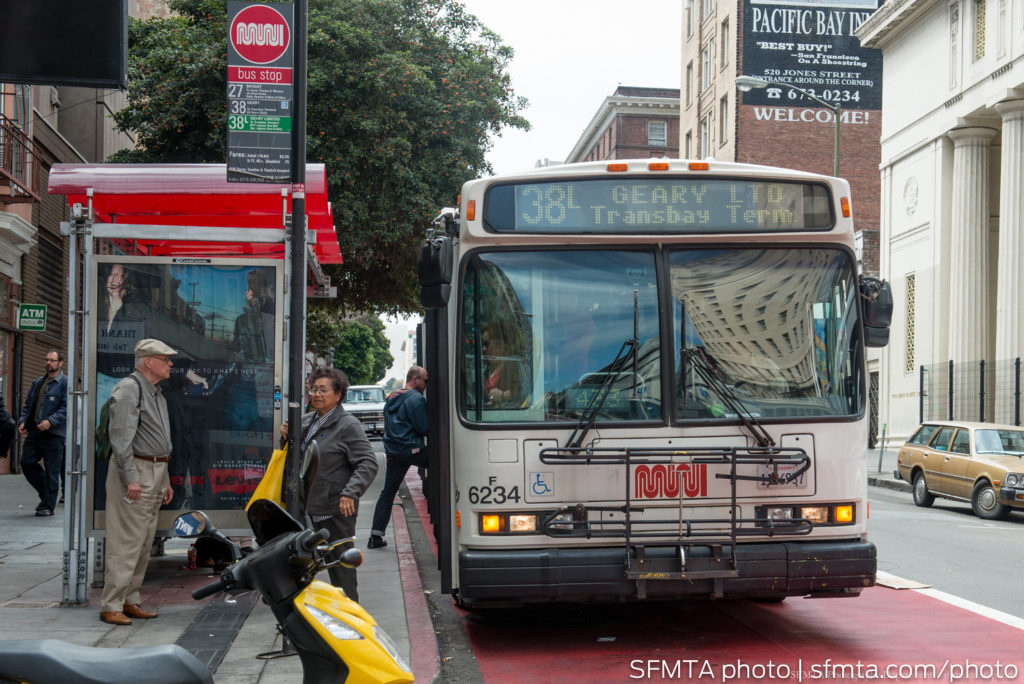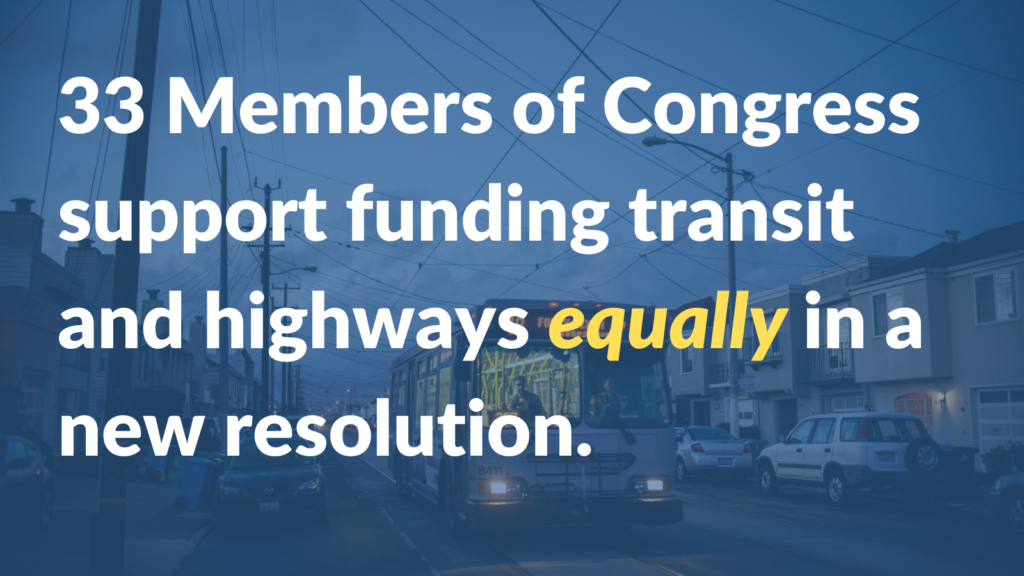A new presidential administration means a brand new set of political appointees. Luckily, the Biden administration’s picks for top jobs in the U.S. Department of Transportation give us reasons to be optimistic. Here are our thoughts on the appointees, and a reminder that we can’t rest easy: we need to seize this historic opportunity in our fight for transportation that actually connects Americans to the places they need.
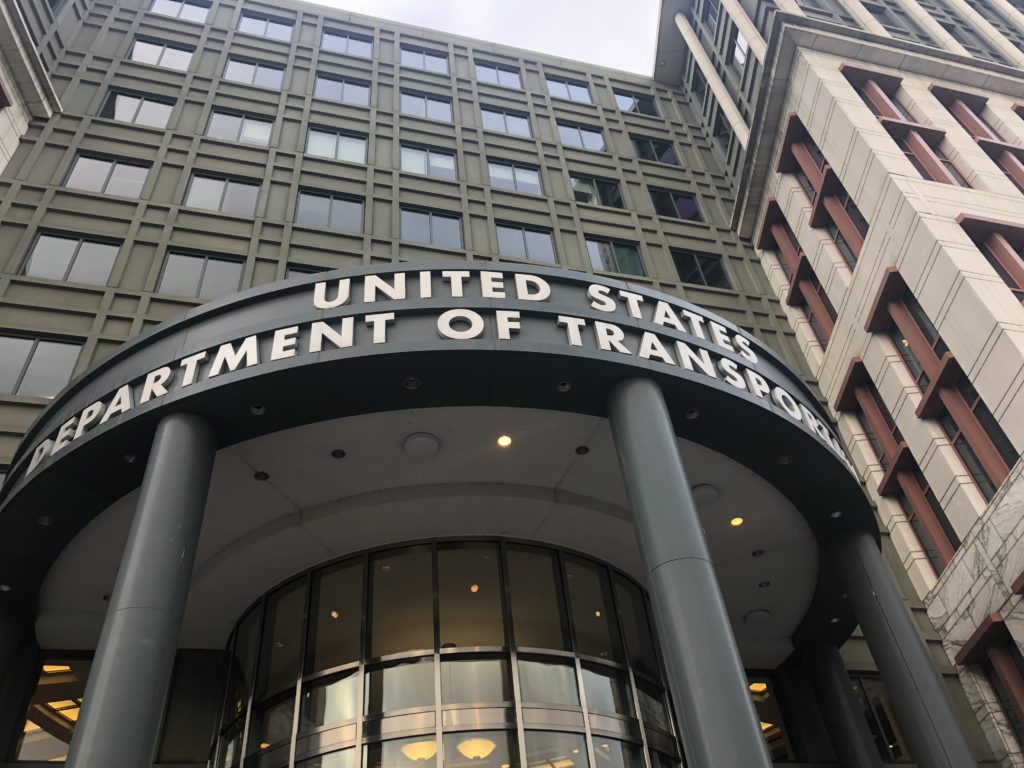
The U.S. Department of Transportation. Photo by the author.
Deputy Secretary: Polly Trottenberg
Polly Trottenberg has led one of the most storied transportation careers we can think of: assistant secretary for transportation policy and under secretary for policy in the Obama administration, a Senate staffer for over 12 years, and most recently—and perhaps most prolifically—the commissioner of New York City’s Department of Transportation. Her leadership in lowering all NYC speed limits to 25 mph is a major testament to her vision and willpower.
What she brings to USDOT: Trottenberg has a strong understanding of the transportation system, the needs of cities, and how federal policy often undermines municipal attempts to reverse autocentric planning. This background—coupled with her vast management experience bringing innovation to one of the country’s largest DOTs—could be game changing in the upper echelon of USDOT leadership.
As our director Beth Osborne put it to E&E News:
“Polly was a groundbreaking leader of New York City’s Department of Transportation, consistently challenging the transportation status quo, including lowering speed limits to 25 mph to reduce crashes and roadway fatalities. This is just one of her many accomplishments. I’m lucky to count Polly as a friend and colleague from my time working at USDOT and on Capitol Hill, and know firsthand that her vision and breadth of government experience will help the new administration modernize the US transportation program and system. We’re excited to work with her!”
Federal Highways Deputy Administrator: Stephanie Pollack
Massachusetts’ Secretary of Transportation for the past five years, Stephanie Pollack’s selection as Deputy Administrator of the Federal Highway Administration (FHWA) sends a strong message. She’s a long-time advocate for increased investment in public transit. As secretary, she led the way on greenhouse gas reduction, including helping to shape the Transportation Climate Initiative, which Massachusetts Governor Charlie Baker signed onto . She has also made safe access to walking and biking a priority in MassDOT’s street designs, especially near transit.
What she brings to USDOT: Pollack understands state DOTs—a major recipient of FHWA funding. She’s also committed to the safety of all road users, and understands that street design is critical in the effort to save lives and improve access to jobs and services.
Take this powerful quote from Pollack for a sense of how she’ll lead at FHWA:
“Some people think it’s a little odd that I’m headed to [the] Federal Highway [Administration]. But many of you have heard me say that I don’t think of people as pedestrians or bicyclists or bus riders or transit users or drivers. I think of them as people who need the transportation system to help connect them to the things they want and need. And so I go into Federal Highway with a mindset that it can be an agency that supports people rather than a singular mode of transportation.”
National Highway Traffic Safety Deputy Administrator: Steve Cliff
Since 2017, Steve Cliff has been chief of the California Air Resources Board, a state agency “charged with protecting the public from the harmful effects of air pollution and developing programs and actions to fight climate change.” Which might make Cliff an unusual choice for Deputy Administrator of NHTSA, a federal agency overwhelmingly focused on the safety of people inside cars—but that’s exactly what makes his selection exciting.
What he brings to USDOT: A climate leader like Cliff at USDOT who knows that reducing vehicle miles traveled (and not just investing in electric vehicles) is critical to reducing emissions will help shift USDOT’s role in fighting climate change in necessary ways.
Principal Deputy Assistant Secretary for Transportation Policy: Christopher Coes
As of January 19th, Christopher Coes was our coworker! For 10 years, Christopher has shaped the direction of our parent organization, Smart Growth America, most recently serving as our vice president of land use and development and Director of SGA’s LOCUS coalition of real estate developers and investors.
What he brings to USDOT: As the chief of SGA’s land use initiatives, Christopher has a deep understanding of the intersection between housing, land use and transportation—knowledge that is essential to creating a transportation system that efficiently, conveniently, affordably and sustainably connects people with the things they need.
Deputy Assistant Secretary for Safety Policy: Robin Hutcheson
Robin Hutcheson was most recently the director of Public Work in Minneapolis and President of the National Association of City Transportation Officials (NACTO)’s Board of Directors. Previously, she was the director of transportation for Salt Lake City.
What she brings to USDOT: Hutcheson understands new mobility, curb management, and the design changes needed in order to build safe, transit-friendly streets in towns and cities. Her years of helming NACTO and transportation in Minneapolis—one of the cities that participated in our 2020 Smart Cities Collaborative—are testament to this.
Director of the Office of Civil Rights: Irene Marion
Irene Marion was the Equity and Inclusion Manager for the Portland (OR) Bureau of Transportation (PBOT). At USDOT, her new role makes her responsible for enforcing civil rights across all federally funded transportation programs.
What she brings to USDOT: Marion’s experience defining transportation justice for PBOT will be critical in advancing racial justice at USDOT, a department responsible for a sector that President Biden and incoming Secretary Buttigieg both billed as sources of racial inequality.
NEW EDITION: Principal Deputy Assistant Secretary for Research and Technology: Robert Hampshire
Robert Hampshire is an associate professor at the University of Michigan’s Gerald R. Ford School of Public Policy “whose research and policy engagement focuses on understanding the societal, climate and equity implications of autonomous and connected vehicles and other innovative mobility services,” as per this press release.
What he brings to USDOT: The equity and climate implications of automated vehicles (AVs) have not been robustly considered in any effort to regulate this new technology. With Congressional interest in passing AV policy mounting, Hampshire’s research and expertise in this area will be critical in the effort to ensure that AVs help improve equity and our climate, not make these problems worse.
There are many other exciting appointees in addition to those highlighted here, including Nuria Fernandez at the Federal Transit Administration, Amit Bose at the Federal Railroad Administration and Meera Joshi at the Federal Motor Carriers Safety Administration.
It’s a “dream team,” but we still need to hold them accountable
Pedestrian safety advocate Angie Schmitt said it first: the Biden administration has put together a “dream team” for USDOT.
This is definitely one of the most exciting groups of political appointees we’ve seen for the department. But these capable leaders cannot reform our transportation system alone. We need to hold them accountable to doing their part to make U.S. transportation safe, accessible, sustainable, and equitable within their authority at USDOT. That means more than running the current program well. It means making permanent changes to the program that makes it hard for leaders in the future to run it poorly.
At the same time, we need to support their efforts by urging Congress to pass long-term surface transportation policy that throws out the broken status quo and actually connects federal funding with the outcomes Americans want: getting to where they need to go.




